Tag: innovation
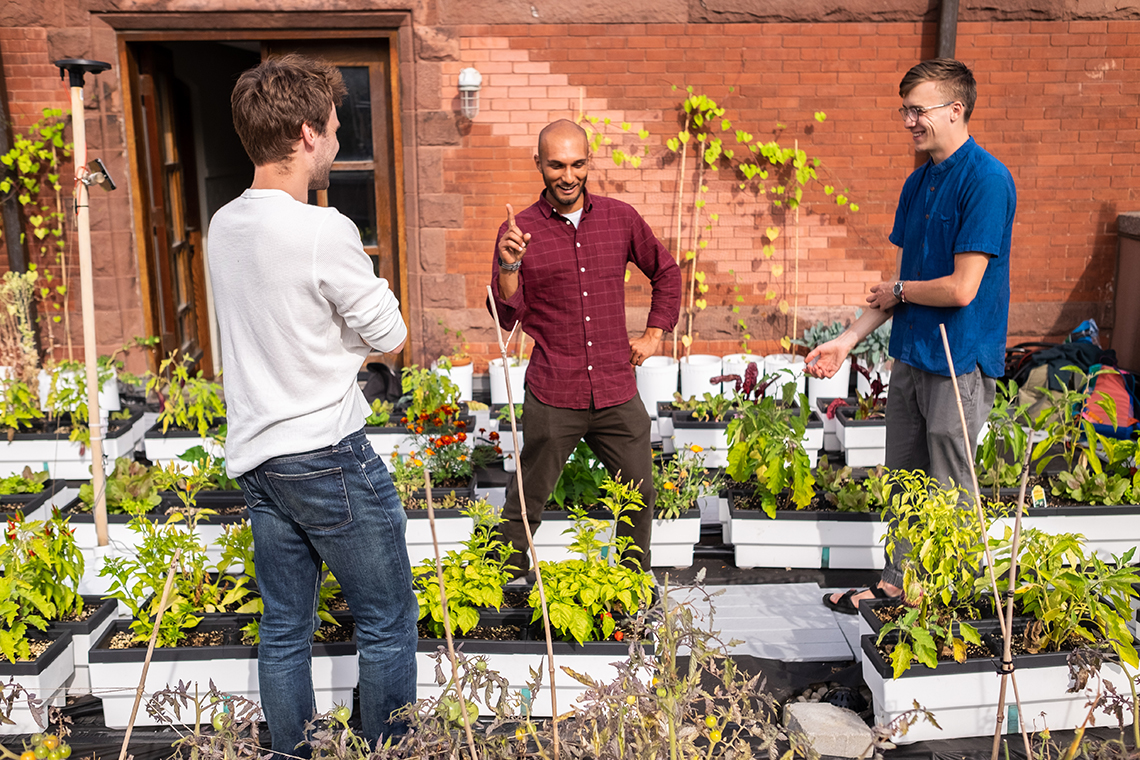
Prize-winning undergraduate research takes stock of U of T’s sustainability-related courses, groups and projects
Rashad Brugmann says there’s been a “groundswell” of support for sustainability initiatives on campus – an apt choice of words considering one example lay right under his feet.
He and fellow University of Toronto students Nicolas Côté and Nathan Postma walked the narrow lanes between crops growing on Trinity College’s rooftop garden, including heirloom tomatoes, sweet and hot peppers and three kinds of eggplant.
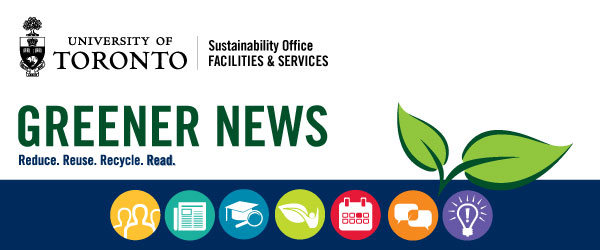
Greener News, August
Greener News is the St George campus Sustainability Office’s newsletter. It was created to reach out to staff, students and faculty with news about what’s happening in our sustainability community.
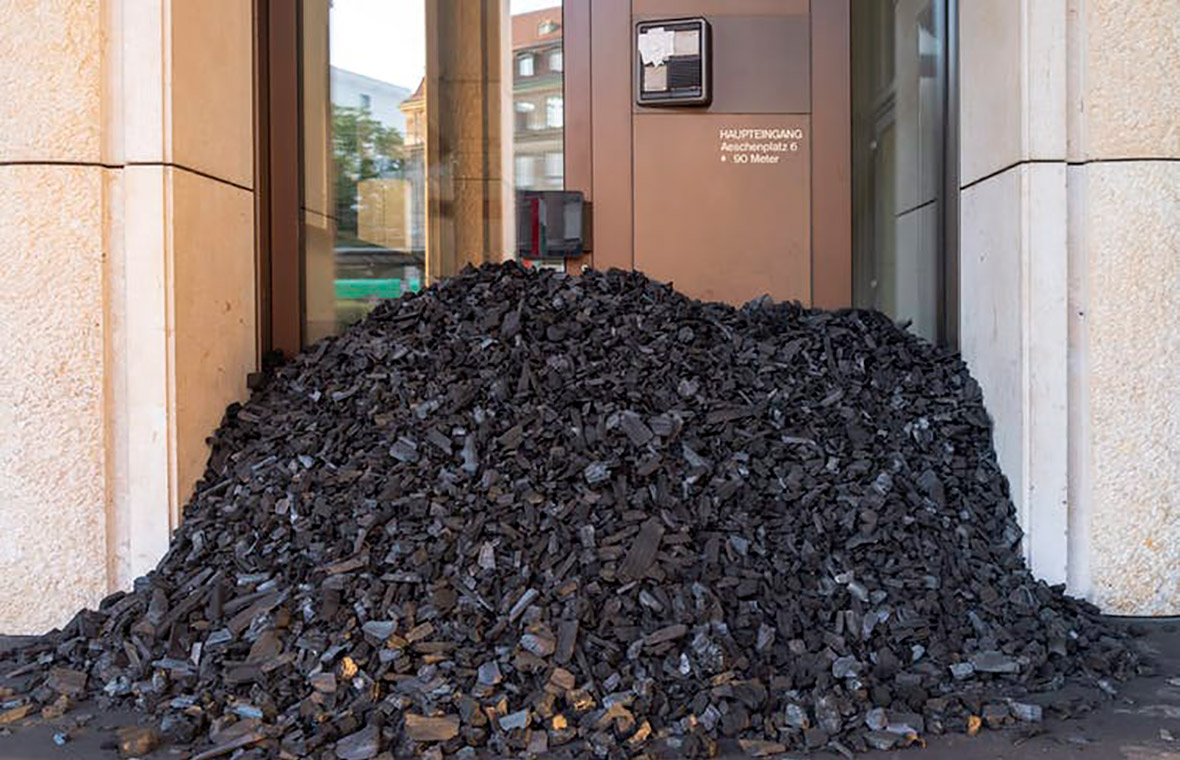
Using language to make the world of fossil fuels strange and ugly
They weren’t getting it.
I had a room full of bright first-year university students in front of me, but confusion reigned as I tried to describe how embedded fossil fuels are in every aspect of society.
“OK, let’s try this. What do you call a car that uses both gasoline and battery power?” Relieved to be asked a question they could confidently answer, a few students piped up: “Hybrid car!”
“Right. Now, what do you call a car that you plug in?” The number of students joining the chorus grew: “Electric car!”
“Right again. So, what do you call a car that runs only on gasoline?” The response was a bit delayed this time, but some wry smiles of understanding accompanied the answer: “A car.”

U of T entrepreneur to put reliable power in the hands of Nigeria’s people
Olugbenga Olubanjo remembers fist-pumping in celebration on Victoria Day when he found out his startup had won an award of US$10,000.
Olubanjo, who recently graduated with a master’s degree in civil engineering from the University of Toronto, and his team at Reeddi (pronounced “ready”) aim to bring clean, affordable and portable power to the people of Nigeria, freeing them from an expensive and unpredictable energy grid.
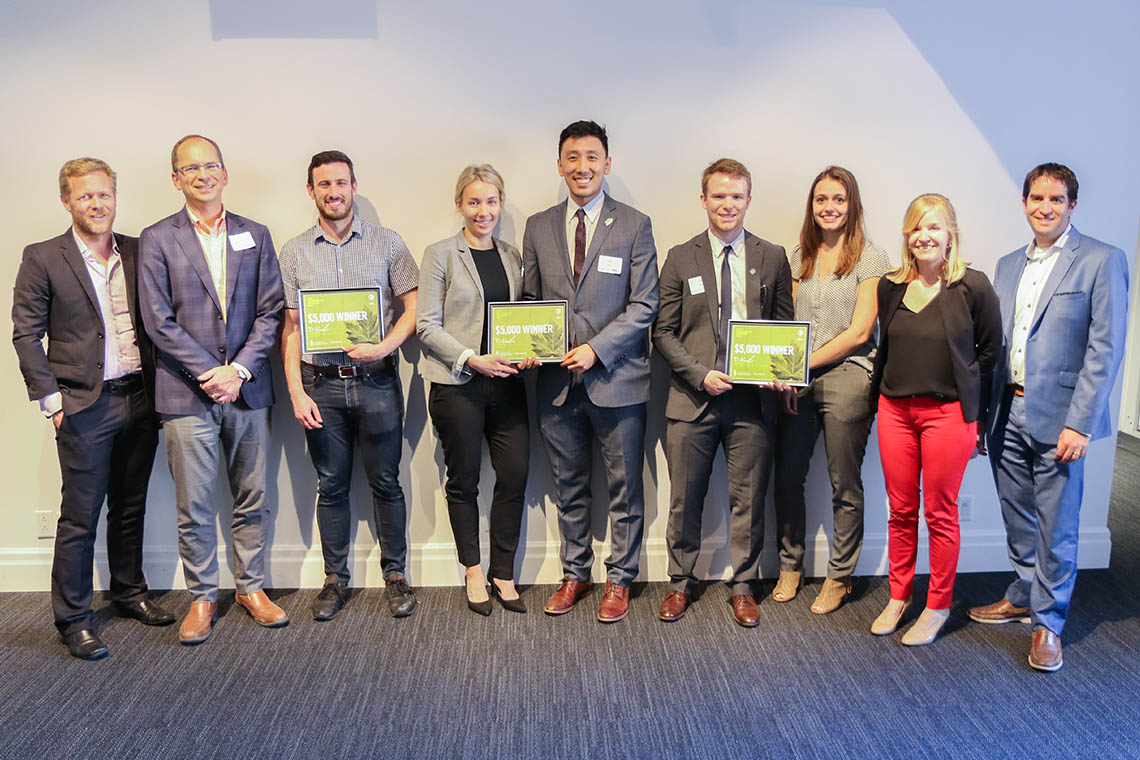
Three teams awarded U of T’s first-ever sustainability innovation prize
In front of a packed room of their peers, 10 groups of students recently had three minutes each to pitch a new sustainability-focused product or startup with the potential to make a signficant impact.
In the end, three were named winners of the first-ever University of Toronto Sustainability Innovation Prize, a $5,000 award created to recognize, reward and accelerate U of T’s most innovative sustainability ideas.
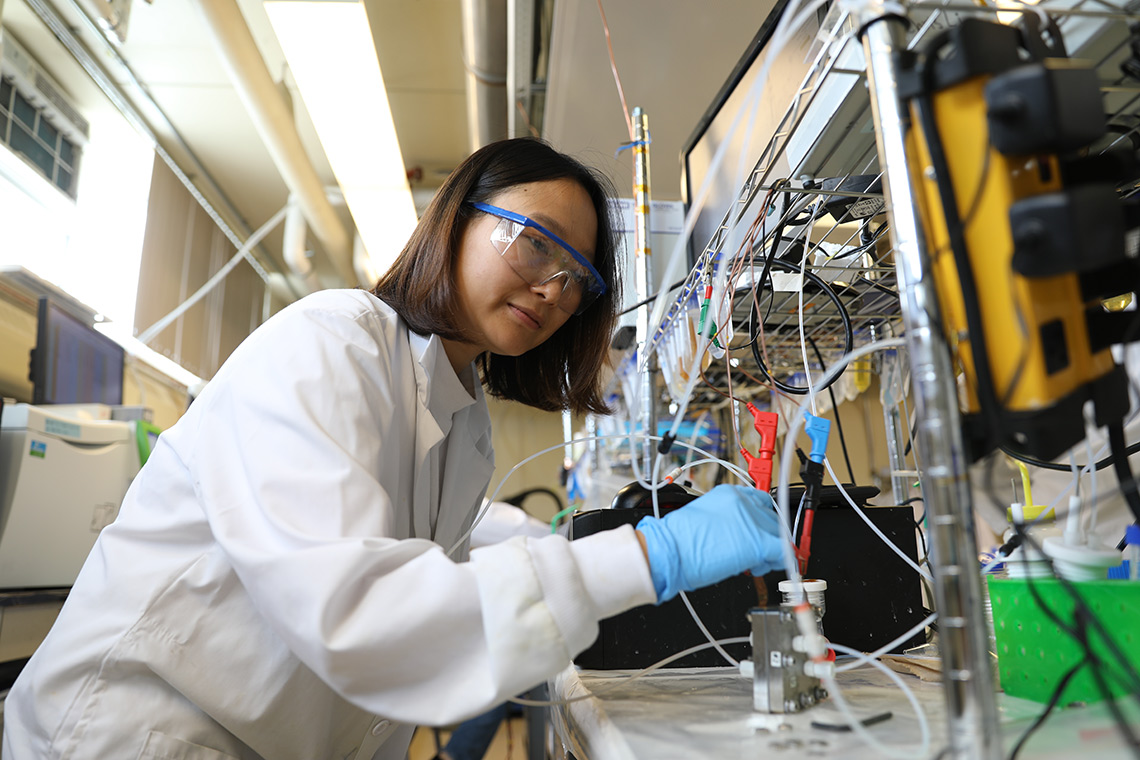
Out of thin air: U of T researchers shorten path to capturing and recycling CO2 with new process
A research team from the University of Toronto has developed a new electrochemical path to transform CO2 into valuable products such as jet fuel or plastics. The technology could significantly improve the economics of capturing and recycling carbon directly from the air.
“Today, it is technically possible to capture CO2 from air and, through a number of steps, convert it to commercial products,” says University Professor Ted Sargent, in the Edward S. Rogers department of electrical and computer engineering, who led the research team.
